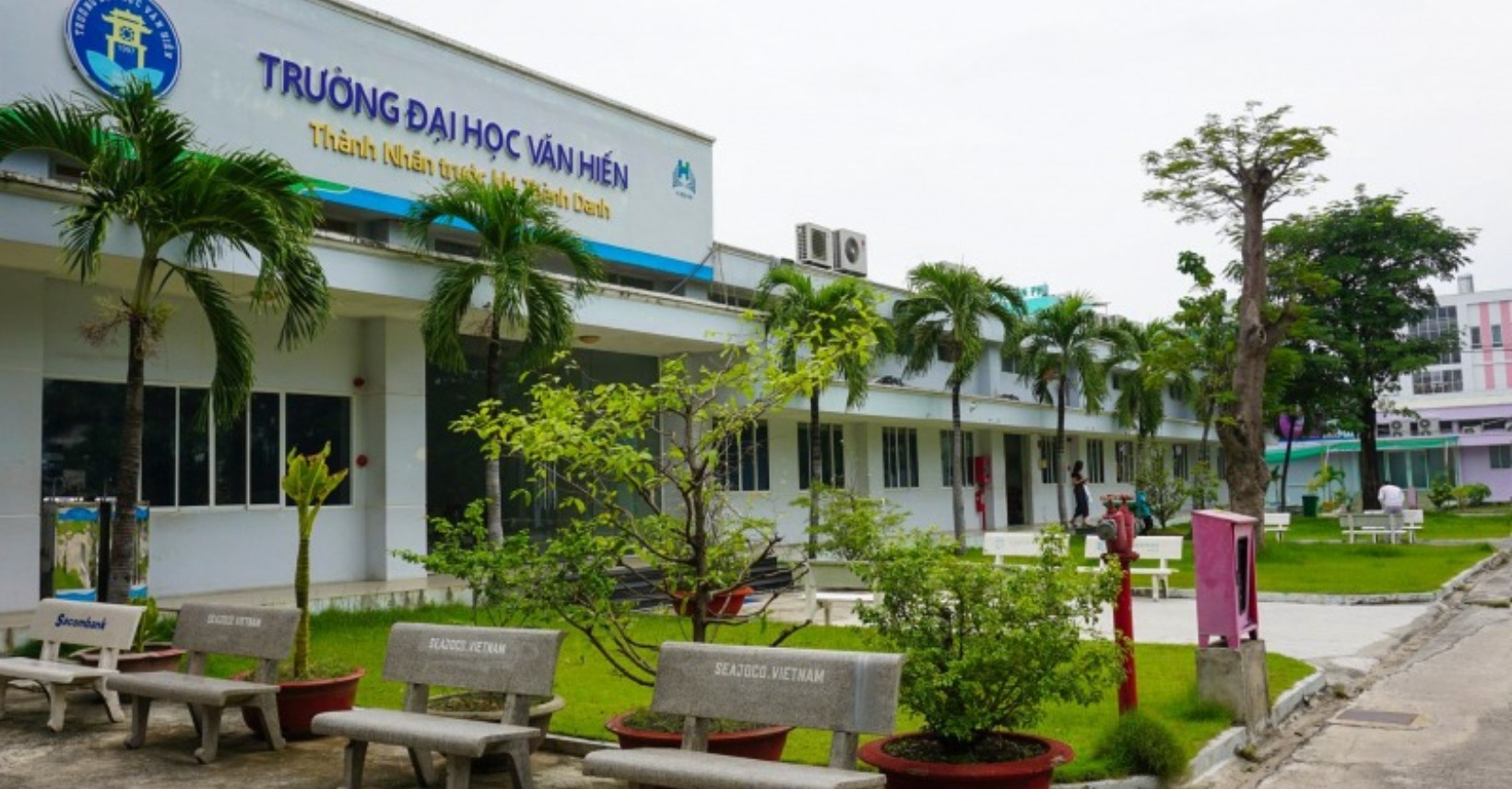Các nhân tố ảnh hưởng đến sự kiệt sức trong việc học và hiệu suất công việc: Nghiên cứu trường hợp phụ nữ đã lập gia đình tại Việt Nam
Main Article Content
Tóm tắt
Article Details
Tài liệu tham khảo
Anuradha, G. and Jha, M. (2014). Personality as a predictor of students' academic burnout. Indian Journal of Health and Wellbeing, 5 (9), pp. 1081-1083.
Baral, R. and Bhargava, S. (2010). Work- family enrichment as a mediator between organizational interventions for work-life balance and job outcomes. Journal of Managerial Psychology, 25 (3), pp. 274-300.
Becker, T.E., Billings, R.S., Eveleth, D.M. and Gilbert, N. L. (1996). Foci and bases of employee commitment: Implications for job performance. Academy of Management Journal, 39 (2), pp. 464-482.
Dobre, O. I. (2012). The impact of human resource management on Organizational performance. Management Research and Practice, 4 (4), pp. 37-46.
Gary, J. S. (2011). A study of job motivation, satisfaction, and performance among bank employees. Journal of Global Business Issues, 5 (1), pp. 29-42.
General Statistical Office of Viet Nam (2017). Press release announcing socio-economic statistics of 2017. Retrieved on March 05, 2018 from https://www.gso.gov.vn/ Default.aspx?tabid=382&ItemID=18667
Haines, V. Y., Harvey, S., Durand, P., and Marchand, A. (2013). Core self- evaluations, work-family conflict, and burnout. Journal of Marriage and Family, 75 (3), pp. 778-793.
Hair, J. F., Black, W. C., Babin, B. J. andAnderson, R. E. (Eds.). (2009). Multivariate data analysis. Prentice Hall.
Judge T. A., Eres, A., Bono, J. E. and Thoresen,C. (2003). The core self-evaluation scale: Developing of a measurement. Personnel Psychology, 56 (2), pp. 303-331.
Kammeyer-Mueller, J. D., Judge, T. A. and Scott, B. A. (2009). The role of core self- evaluations in the coping process. Journal of Applied Psychology, 94 (1), pp. 177-195.
Karam, C. M. (2011). Good organizational soldiers: Conflict-related stress predicts citizenship behavior. International Journal of Conflict Management, 22 (3), pp. 300-319.
Karatepe, O. M. (2011). Core self-evaluations, exhaustion, and job outcomes: A study of frontline hotel employees in Iran. Tourism and Hospitality Research, 11 (4), pp. 248-257.
Karatepe, O. M. (2013). The effects of work overload and work-family conflict on job embeddedness and job performance. International Journal of Contemporary Hospitality Management, 25 (4), pp. 614-634.
Kim, H., Ji, J. and Kao, D. (2011). Burnout and physical health among social workers: A three-year longitudinal study. Social Work, 56 (3), pp. 258-68.
Kizilci, S., Erdogan, V. and Sözen, E. (2012). The influence of selected personality and workplace features on burnout among nurse academics. TOJET: The Turkish Online Journal of Educational Technology, 11 (4), pp. 307-314.
Lian, P., Sun, Y., Ji, Z., Li, H. and Peng, J. (2014). Moving away from exhaustion: How core self-evaluations influence academic burnout. PLoS One, 9 (1), e87152. https:// doi.org/10.1371/journal.pone.0087152.
Mihelic, K. K. and Tekavcic, M. (2014). Work- family conflict: A review of antecedents and outcomes. International Journal of Management and Information Systems (Online), 18 (1), pp. 15-n/a.
Netemeyer, R. G. and Boles, J. S. (1996). Development and Validation of Work- Family Conflict and Family-Work Conflict Scales. Journal of Applied Psychology, 81 (4), pp. 400-410.
Parker, S. K. (2007). 'That is my job': How employees' role orientation affects their job performance. Human Relations, 60 (3), pp. 403-434.
Pheko, M. M. (2013). The Impact of Resource Loss and Resource Gain among Botswana Employees: A Test of the Conservation of Resources Theory. International Journal of Business and Social Science, 4 (4), pp. 151-164.
Radzali, F. M., Ahmad, A., and Omar, Z. (2013). Workload, job stress, family-to-work conflict and deviant workplace behavior. International Journal of Academic Research in Business and Social Sciences, 3 (12), pp. 109-115.
Schaufeli, W. B., Martinez, I. M., Pinto, A. M. and Bakker, A. B. (2002). Burnout and Engagement in University Students – A Cross National Study. Journal of Cross- Cultural Psychology, 33 (5), pp. 464-481.
Silvester, J., Patterson, F. and Ferguson, E. (2003). Comparing two attributional models of job performance in retail sales: A field study. Journal of Occupational and Organizational Psychology, 76, pp. 115-132.
Zhou, Y., Lu, J., Liu, X., Zhang, P. and Chen, W. (2014). Effects of Core Self-Evaluations on the Job Burnout of Nurses: The Mediator of Organizational Commitment. PLoS One, 9 (4), e95975. https://doi. org/10.1371/journal.pone.0095975.



